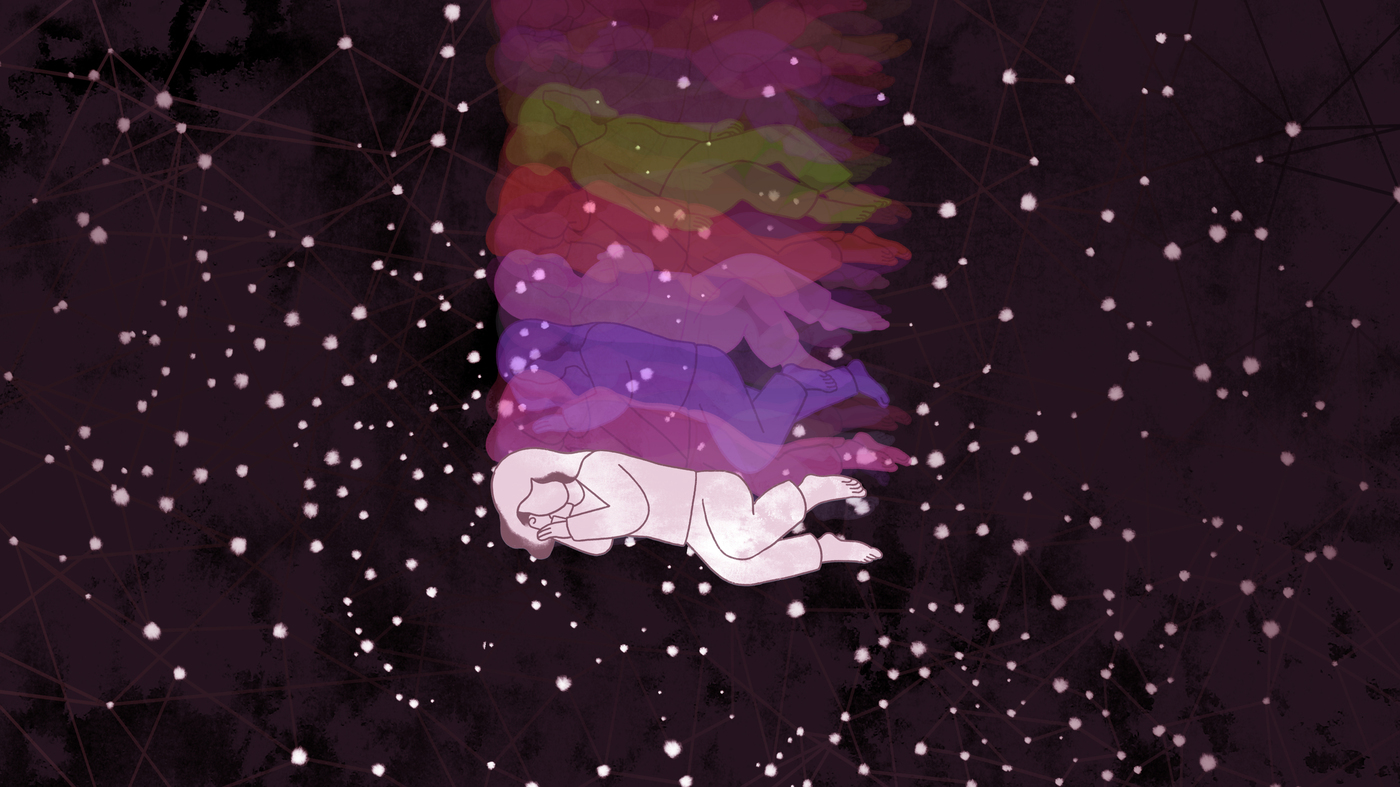Sleep When It Comes To The Creative Mind
 |
| Photo Credit: Angie Wang |
It is seen through many great artists, inventors, entertainers, and philosophers that sleep comes off as almost a prominent antagonist to them. With insomniacs like edison or aggressive sleepers like mathematician Abraham De Moivre there seems to be an almost an oxymoronic inconsistent pattern within the great creatives sleep cycles throughout history. Which begs the question: Where does sleep come into play when it comes to creativity? And the answer is not a concrete one, but more of a personalized method to reach the mental flow that the particular creator prefers. Not only are they inconsistent with the amount of sleep they get, but the methods they use when going about sleep. For instance, Leonardo Da Vinci was known for only sleeping for fifteen minutes of every hour and Salvador Dali was recorded to hold a key in his hand as he drifted off into a sleep state with a metal plate underneath so when he fell asleep the key would drop consequently waking him before he could enter a deep sleep. To conclude, sleep is an important aspect of mental health, but at times seems to work against us when it comes to the creative mind. And even though it is said to get eight hours of sleep a night it becomes our responsibility to understand how much we need for our health and how much we need for our creativity then to cut the difference if we as people are really dedicated to our craft.


Comments
Post a Comment